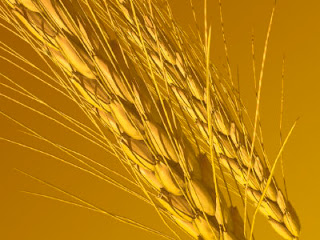 Readings for Sunday 29th April 2012 include Acts 4:5-12, Psalm 23, 1 John 3:16-24, John 10:11-18
Readings for Sunday 29th April 2012 include Acts 4:5-12, Psalm 23, 1 John 3:16-24, John 10:11-18
This metaphor of The Good Shepherd
has appealed to countless generations of people.
Even those of us who don’t have a rural bone in our bodies
find it strangely comforting.
St John tells us in the Gospel
that the difference between a Good Shepherd and the hired help
is that the good shepherd puts his life on the line for the sheep.
And the Cross is the clearest image we have of this
we know Jesus’s care, love and sacrifice for us
in that he laid down his life .
And the moral point is (John tells us in his 1st letter)
that seeing how the Good Shepherd lay down his life
We ought to lay down our lives for one another
The Character of our relationships
Is this how our relationships are characterised?
By the fact that we put our lives out there for those we love.
We don’t always get this right.
When we are in a relationship for example
we may make the mistake of thinking
that the other person is there to fulfil us.
This Good Shepherd idea would be
that it is rather the other way around!
We are there to see that the other person is fulfilled
our life is at the service of those who we are called to love.
Not a recipe for being exploited
But an important insight
(indeed there is to be a mutuality about this...it should go both ways)
THIS WEEK
we could give some constructive thought to where
the Spirit invites us to ‘lay down our life’.
Is there someone whose life is ours to care for?
How do we serve the other?
Interesting probably to think about those who we feel we don’t want to serve.
What might that be telling us?
Jesus, let me not a hired hand
show me
how to truly care for others
as you do
that I may truly
lay down my life







